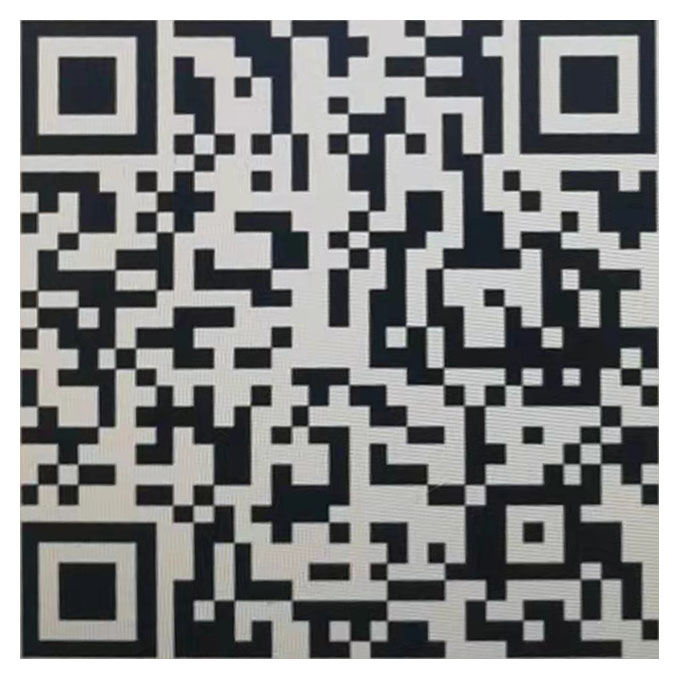According to the latest research of infoholic research, the global power utility blockchain mall is estimated to be $210.4 million in 2018, and will reach $3.4 billion by 2024, with a compound annual growth rate of 59.4% from 2018 to 2024. To explore the application of blockchain in the field of power and electricity - "blockchain + power" has become a development direction of the field of power and electricity, but it is still a moment before the real landing. Looking at foreign projects that have been implemented in the field of power blockchain, it may provide some reference for the power industry in China to explore the application of blockchain.
Item 1: sales check of wholesale power
Pain point: in traditional wholesale power trading, such as oil and gas trading, the information after trading is checked manually, that is, the counterparty is verified and checked by email and fax, which is prone to errors, high cost and low power.
Representative enterprise: interbit, Canada
Approach: after arranging shared account books between buyers and sellers, interbit records trading information on the blockchain, and the counterparty can verify it in real time. This system makes the buyer and seller no longer store their own data, but share the foreword of security. The stored information should be clear, accurate and verified, speed up the operation process, and reduce human errors.
Development: interbit has been listed in Toronto Stock Exchange, and many European petrochemical giants, such as Eni Petroleum Group, BP, Vienna power company, etc., have carried out wholesale power trading in this channel.
Project 2: distributed power trading microgrid
Pain point: household photovoltaic power generation, the remaining power on the power generation side can't be connected to the Internet in time, and can't be combined with the power demand on the nearby power consumption side in real time.
Representative enterprise: lo3 energy, USA
Practice: in 2016, Brooklyn micro grid in the United States connected about 60 photovoltaic power generation nodes, and through blockchain technology, photovoltaic owners can complete point-to-point power trading between communities, allowing users to obtain real-time data on power generation and consumption through smart meters. The system, called "energy," is a distributed ledger on the grid connection hardware.
Development: lo3 energy's Brooklyn micro grid pilot project was unsuccessful because of the ban on private electricity sales in New York. At present, lo3 energy cooperates with EEPT to provide EEPT with a blockchain channel called energy, which focuses on local power trading. Customers can buy or sell redundant power from their neighbors or distant "strangers".
Item 3: electric car charging and changing
Pain point: the number of electric car charging piles is not enough, and the power of single charging pile is very low.
Representative enterprise: conjoule, Germany
Approach: conjoule relies on the Ethereum network to deal with the "Share & charge" blockchain channel operated by it. The channel initiates to share the home charging station with the payment method, so as to improve the utilization power of clean power. Once the user registers the vehicle information in the channel, the legal currency can be transferred to the digital wallet. After that, whenever they connect to the charging station, the Ethereum blockchain will transfer the corresponding charging fee to the charging station operator and record each transaction.
Development: due to the lack of Ethereum wallet, the pilot project in Germany is not fully mature at present. Oxygen initiative, a San Francisco start-up company, joined "Share & charge" and launched a blockchain based channel for drivers in the United States, enabling drivers to handle all operations related to clean power cars, including allowing drivers to share their charging stations, paying tolls, etc.
Item 4: multiple power and property sharing channels
Pain point: in the absence of consistent electricity and natural gas metering, it will take weeks for users to be satisfied with the switching requirements between the two types of power.
Representative enterprise: electron, UK
Approach: through the use of blockchain technology to help British families reduce the use of power. Electron uses block chain encryption technology to establish a distributed natural gas and power metering system, including property registration, sensitive trading and intelligent meter data confidentiality, etc., to record all meter readings safely, so as to ensure that they will not be tampered with. At present, there is no consistent power and natural gas meter in the UK. It takes two to three weeks for users to switch between the two kinds of power. However, electron can shorten the power switching process to a few minutes by using block chain technology to handle the power meter effectively.
Development: since its establishment at the end of 2015, it has grown into one of the best developed blockchain enterprises in the UK, known as "eBay in the power industry". It is committed to building power property registration channels, sensitive trading channels and community power projects based on smart meters, so as to gradually make the point-to-point direct trading of distributed power in the power sector become reality, and renewable power can operate sensitively Use. In 2019, it obtained the investment from ovo, the UK's leading power enterprise.




